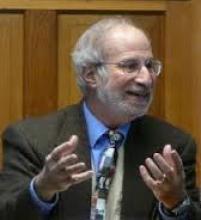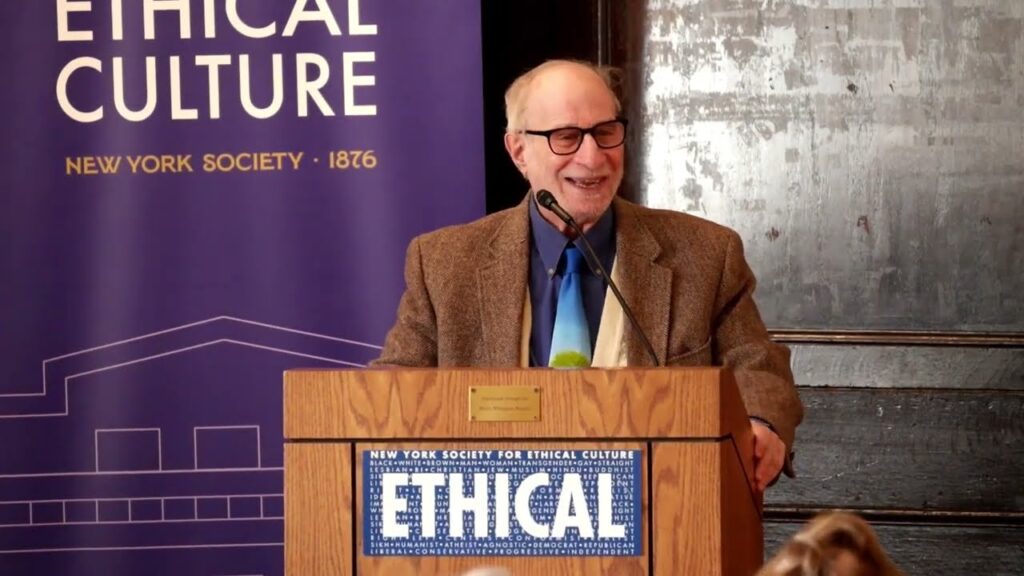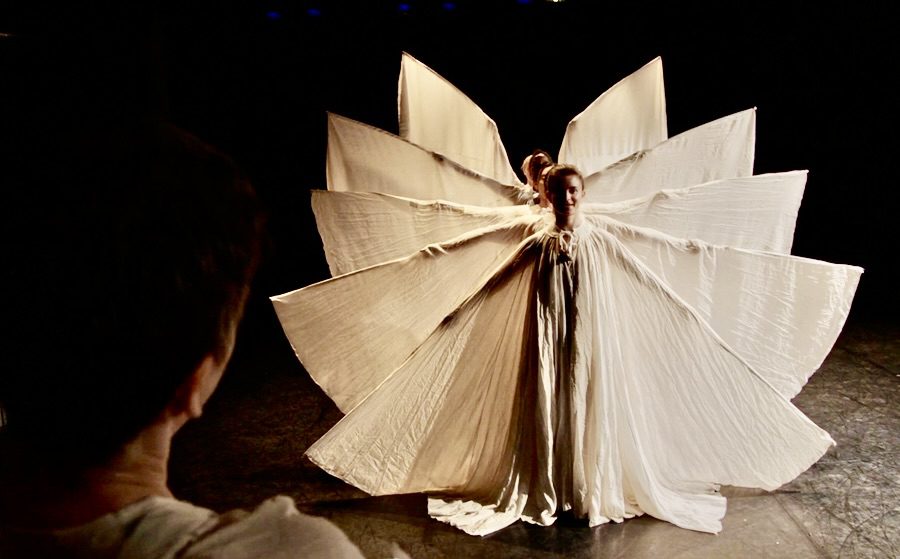
With dark forces clouding the political horizon, both domestically and globally, defense of fundamental freedoms has become stridently urgent.
A Defense of Dignity
by Dr. Joseph Chuman
Ethical Culture Leader and lecturer at the Columbia University Institute for the Study of Human Rights.
With dark forces clouding the political horizon, both domestically and globally, defense of fundamental freedoms has become stridently urgent. While some may prophesy or lament the end time of human rights, the drumbeat of illiberalism requires an even more robust enunciation of the human rights program. Those striving to consolidate greater power in the hands of state executives may seek to swat aside human rights as an annoying manifestation of political correctness, but it is good to remember that the Universal Declaration of Human Rights emerged out of the nadir of European fascism. The response to darkness is not despair, but the bright light of civility and decency, which are conveyed most powerfully by human rights and the ideals that it reflects.
At the heart of human rights is respect for the dignity of human beings – without exception. If asked to summarize in briefest terms the purpose of the human rights program, one could probably do no better than respond by stating that the aim of human rights, whether safeguarding immunity from violation or entitling the resources necessary for human flourishing, is respect for and protection of human dignity. The Universal Declaration begins with the words. “Whereas recognition of the inherent dignity…of all members of the human family…” And “dignity” is mentioned seven times as the norm that must be met for the realization of human rights, for both political and economic rights.
Despite its centrality to the human rights program, there is surprisingly little discussion about the meaning of dignity in the human rights literature. Yet its meaning is contested, and I would argue that some conceptual understandings of dignity are preferable to others, if human rights are to enjoy the strongest protection. There are at least three plausible approaches to dignity: one partially historical, a second, philosophical, a third, cultural.
Two recent books, both brief but scholarly in their treatments of dignity, highlight differences.







